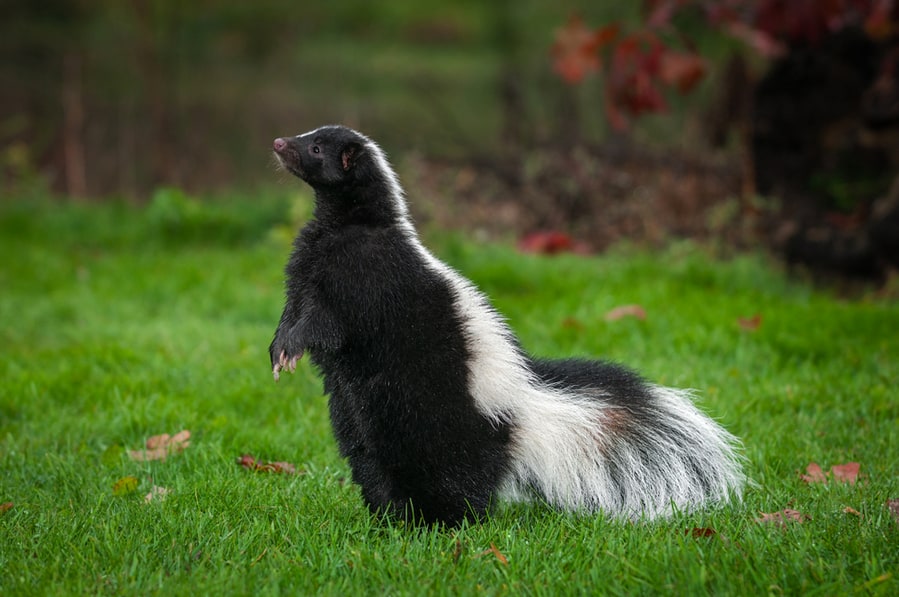
Despite the common belief that leathers are always musty, this is usually only due to a lack of proper maintenance.
Due to its porous nature, leather readily absorbs and retains odors such as those left behind by the human body, pets, cigarettes, and cooked foods.
Do you know what it’s like to have a skunk smell on leather?
Getting rid of that unpleasant smell might be somewhat tricky at times. But don’t worry! With the right tips and tricks, it is possible.
The following are some excellent tips to assist you in quickly and cheerfully eliminating that unpleasant skunk smell.
Learning to remove skunk smells from leather will help you regain some much-needed serenity and happiness in your home.
Some tried-and-true methods don’t involve dangerous chemicals or unnecessary procedures; some of them include:
- Using natural oils.
- Using baking soda.
- Ventilating the home properly.
- Using detergent and water.
- Using vinegar solution.
- Employing a reliable, professional cleaning service.
With the help of this article, you should be able to learn how to remove skunk smells from leather products while using only non-hazardous materials and techniques.
You can also refer to the Frequently Asked Questions section for additional clarification.
6 Effective Ways To Get Skunk Smell Out of Leather
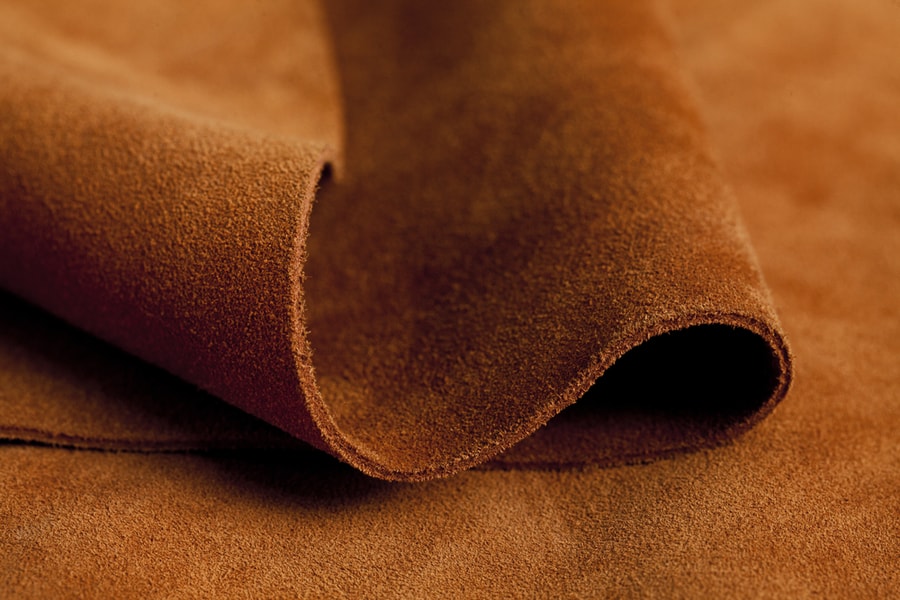
It is possible to restore your favorite items with perseverance, elbow grease, and the correct information.
While there’s no single ‘magic bullet’ solution for getting rid of the skunk smell on leather – the good news is that you can use some simple tricks and solutions to help bring out the freshness and beauty back into it.
Check out these easy-to-follow tips to help eliminate the skunk smell off your leather:
1. Using Natural Oils
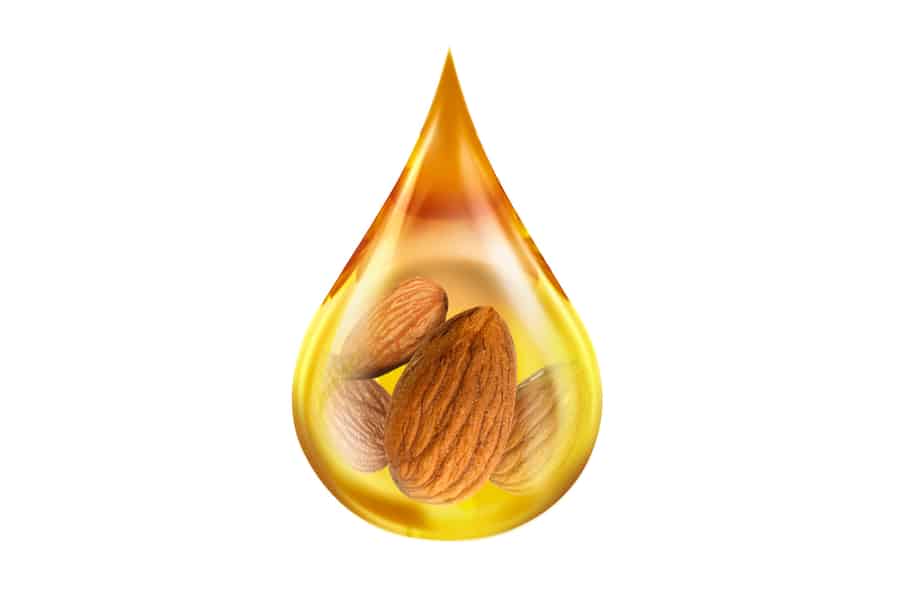
If the affected region is relatively small, you might try dabbing a few drops of natural oils, such as almond oil or coconut oil, into a clean cloth and then using it to massage lightly into the leather surface.
You can try applying a leather conditioner if the affected area is relatively large.
This will assist in replacing any moisture that has been lost and will reduce any scents that have developed over time.
2. Using Baking Soda
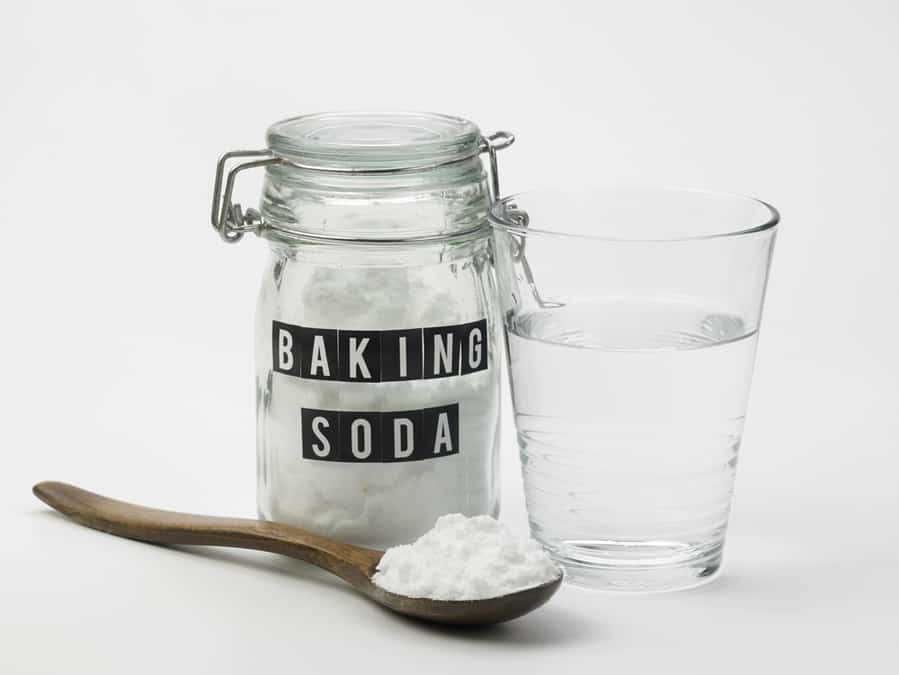
Put a substantial amount of baking soda into a container.
Baking soda can help absorb odors and be used for other purposes when doing laundry or treating furniture.
Just keep in mind that you should not keep it out overnight (particularly near children!) because there is a possibility that it could contaminate food.
3. Ventilate the Home Properly

Never underestimate the power of “good old-fashioned fresh air,” which can be achieved by simply opening windows and doors during this process.
Adequate air circulation both within and outside the building will help get rid of any unpleasant odors more rapidly.
Additionally, this will help spruce things up faster than any other way.
4. Use Detergent and Water
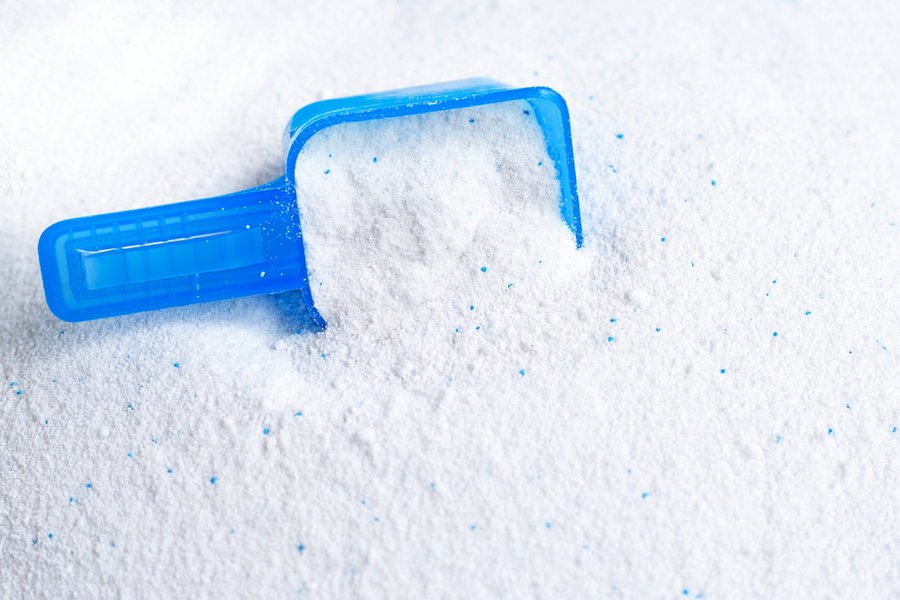
Combine equal parts water and an all-natural detergent in a mixing bowl.
Use this solution in a spray bottle, dampen a soft cloth with water, and then thoroughly wipe off the discolored areas until most of the filth has been eliminated.
To achieve optimal results with the cleaning process, it is necessary to carry on by rinsing with additional water containing soap afterward.
5. Use a Vinegar Solution

Smooth, polished, and protected leather can benefit from vinegar diluted with water to eliminate odors. Try this out in a non-obtrusive setting first if you’re worried about the reaction you’ll get from your product.
Spray it directly onto the leather, working it into the folds and other problem areas. Avoid the spray’s damaging effects by wiping it away as soon as possible using absorbent cloths or paper towels.
To treat unpleasant odors, the vinegar’s antimicrobial capabilities will work, and we guarantee that the vinegar’s fragrance will fade with time. You shouldn’t soak the leather until it’s soaked through.
6. Employ a Reliable Professional Cleaning Service
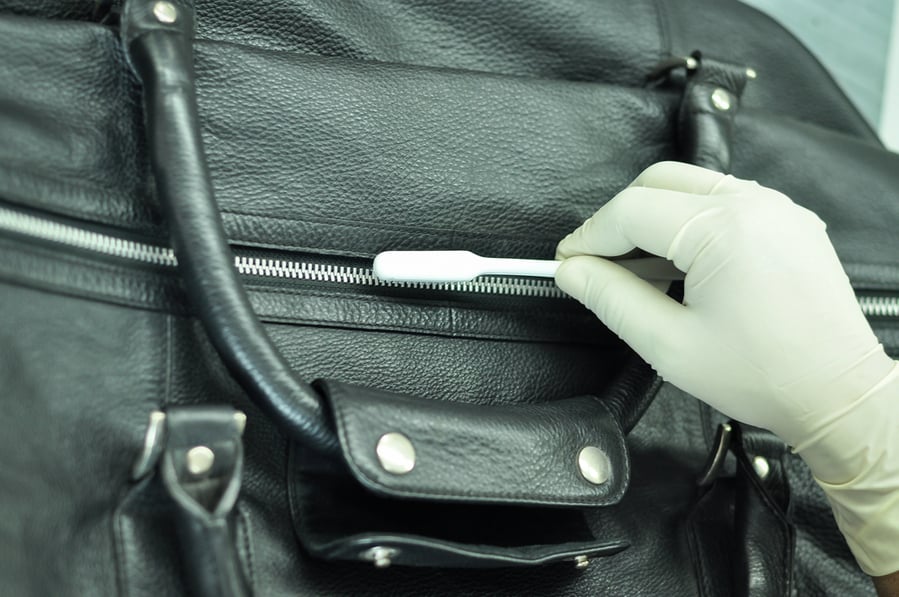
There are times when the quality of the leather might not be compatible with any of the methods that have been discussed up until this point.
This could mean that none of these methods will work. Instead, they have the potential to degrade leather finishes, which can then lead to drying and cracking.
Because of this, it is usually always advisable to engage with a professional leather cleaning service.
Conclusion
This article provides a helpful guide on effectively removing lingering skunk smells embedded into leather products through natural processes such as putting it outdoors for direct sun exposure or using substances such as white vinegar, baking powder, etc.
We also recommend that you consult professionals if none of these solutions works due to the importance placed on safety during the cleaning procedure.
Frequently Asked Questions
How Long Does It Take To Get Skunk Smells Out of Leather?
Removing skunk odors from leather doesn’t take much time or effort. The whole thing, including drying time, shouldn’t take more than 10–15 minutes.
It may take a few hours, including drying time, to clean and restore the natural oils in the leather since you need to use products that will eliminate odors without damaging the leather’s finish.
This might be done in the morning and left to dry when you go out for your daily activities.
Can Skunk Smells on Leather Disappear on Their Own?
It may take up to 4 to 8 days for the smell of skunk spray left untreated to go away.
If your leather goods are kept in a wet closet or storage space that does not have ventilation, this period could extend much further. As a result, you should eliminate skunk smells on leather as soon as possible.
Is the Skunk Smell on Leather Toxic?
Inhaling it might aggravate irritation in the lungs. The smell has the potential to make asthma symptoms worse. However, this happens very infrequently.
The odor may make you sick. Even though skunk spray is most accurately categorized as an irritant, there have been uncommon but significant effects documented in animals.












